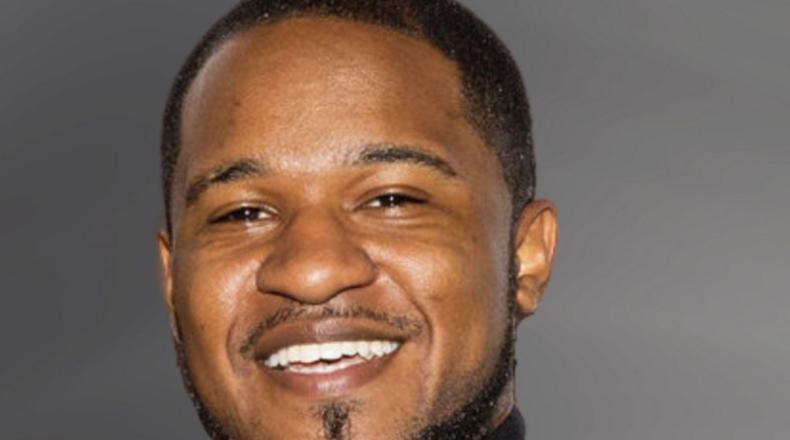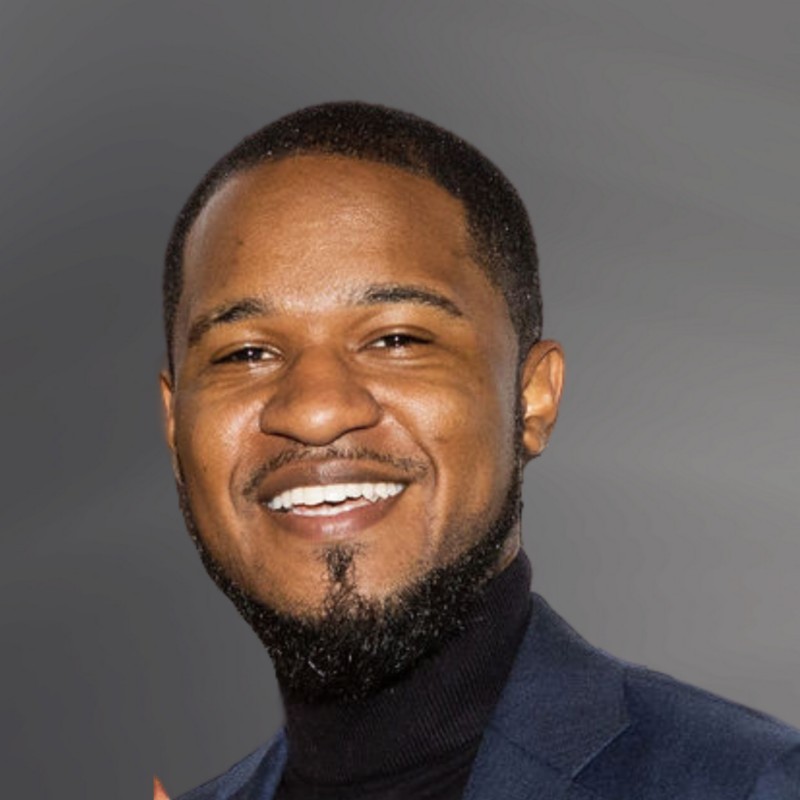Yeah, We Cool: Black Men Are Critical to Community-Centric Fundraising

I was raised by a single woman. My mother is tough, and I’d often joke as a child that she was a man when it came to emotions. She doesn’t cry often, but when she does, it is usually because of death or something equally as serious.
Nonetheless, my mother is an OG, which worked to my advantage growing up without a present father. And because I understand that the world we live in - the society that we fundraise in - thrives under the protection and financial security of father-led families, I am particularly invested in exploring the betterment of matriarchal families. I also understand so many families like mine were forced into matriarchal ones for a myriad of reasons.
I am a Black American who was born and raised in Birmingham, Alabama. I am the descendant of enslaved people, though my grandmother has told me she can’t recall where those ancestral lines fall. And I know she’s being honest. The truth is easily lost between my people's vaguely documented history and the over-compensating pride we’ve had to create to survive. (I haven’t even factored in the re-envisioned remembrance of our past that some traditional philanthropists prefer to share.)
Professionally, I am a non-profit fundraiser. And contrary to popular belief, I do not beg for money, but I do ask for it. While I understand the necessity of asking for help, I think that’s the part of my job that gets far too much attention though.
“The Ask” can be empowering - especially when you’re a person who is used to being treated as a charity - I have learned that fundraising allows me something else. It allows me to share my story with people who wouldn’t have the opportunity otherwise.
In our everyday lives, we’d have no reason to talk. We wouldn’t go to the same grocery stores or religious services. We wouldn’t even sit together at school or work. Thus, the chances that we’d interact are slimmer.
However, donors do have to talk to me when they donate their families’ legacies to improve the world - or get a tax break. Either way, they get to interact with the descendants of an African whose American experience has been tainted by enslavement. I can have an intentional conversation with the descendants of the people who captured, humiliated, and tortured my ancestors. And rather than simply ask them for money, I get to engage with them about the ills of the world in the aftermath of their families’ reign.
My being male in this patriarchal society means a lot to me. I get to wear it as a badge of honor and strength. As a five foot-five-inch man weighing a record-breaking one-hundred forty pounds and living not only the Black experience in the United States but the queer one, I am holding on to that status. And I’m doing everything I can to protect people like my mother and others of the femme and non-male experience. And when I consider the traumatic racial history of the nation that I live in and love, I feel compelled to put on an armor of patriotism that allows me to peel back all of the flaws that hold my country in a chokehold.
What has been healing for me as a Black gay male fundraising professional has been a connection to other Black men in the sector. My classmates, friends, manager, and mentor have all understood my responsibilities as a Black person and as a man. (Some even understood the weight of being a same-gender loving person.) And all of them have poured into me in a way that has fueled my effort to address the trauma within philanthropy. If not for them, I would not have had the fortitude to continue working in public service. I certainly would not have reframed the purpose of fundraising in a way that makes sense for me as a professional fundraiser.
What has been healing for me as a Black gay male fundraising professional has been a connection to other Black men in the sector.
My Black male colleagues and friends in this work are David, Daryl, Razak, Denzel and Joshua. They helped me gain a sense of dignity while making a case for “charities” that help people who have been pushed aside because of racism, sexism, and classism, people who have been silenced because too many fathers have been stolen from us, and people who have been labeled desperate because of the color of their skin.
All of the men I named deserve to be recognized as leaders in the philanthropic space. I am not suggesting that maleness is the reason for this respect, though it would help level the playing fields for their respective families. I recommend that they be given their honor as leaders because philanthropy in this country depends on the leadership of its most villainized, victimized citizens: Black men.
Black men bring a level of empathy to the social sector that can only be gained through lived experience. We grow up in a world where, to some, we evolve from pitied victims of suffering and transform into disregarded members of society deemed unworthy of executive roles with salaries that actually commensurate with our experience. We experience all these things while we have been tasked with protecting and providing for our spouses, children, and mothers - ones like mine who raised boys without fathers in the face of an unfortunately patriarchal landscape.


 Derrick Denzell Spencer, MPA, is the associate director of development, donor and corporate relations at The Knowledge House in New York City. Derrick is an educator and fundraiser who believes his life’s purpose is to provide access to opportunities for Black and Latinx communities that help them achieve their goals.
Derrick Denzell Spencer, MPA, is the associate director of development, donor and corporate relations at The Knowledge House in New York City. Derrick is an educator and fundraiser who believes his life’s purpose is to provide access to opportunities for Black and Latinx communities that help them achieve their goals.